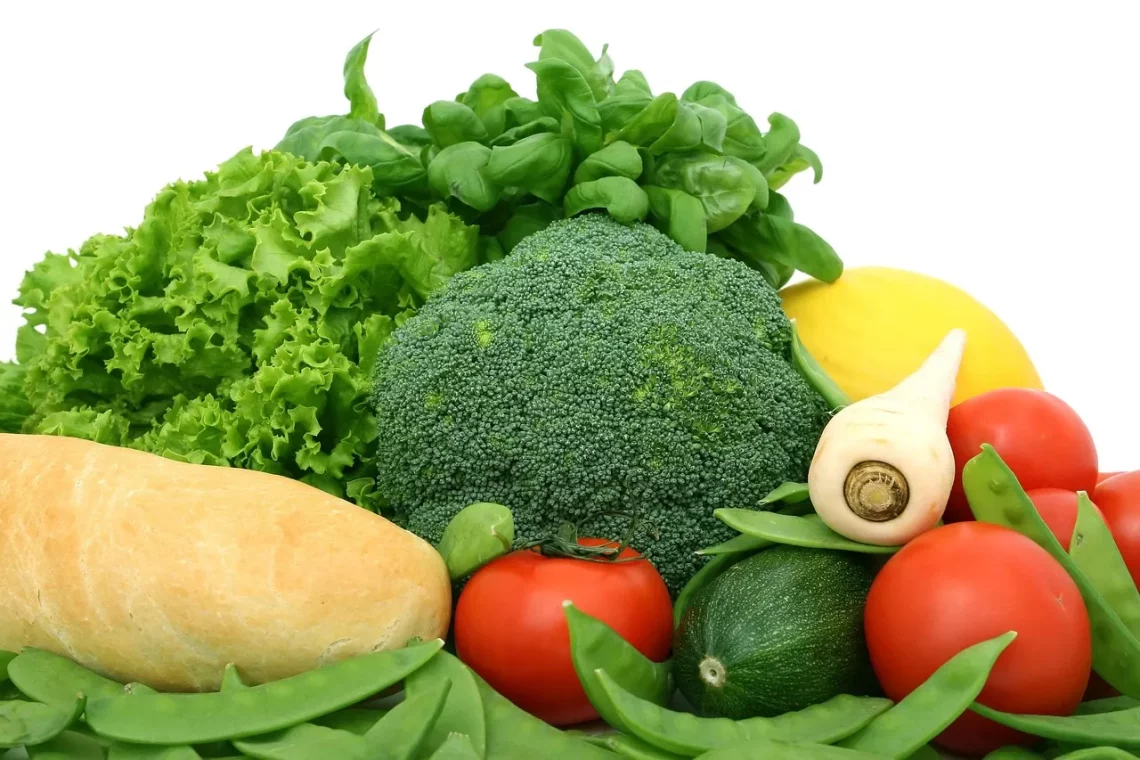
Can Guinea Pigs Eat Cilantro? A Guide to Safe Vegetables
Guinea pigs are increasingly becoming popular pets due to their friendly demeanor and relatively low maintenance needs. These small, social creatures thrive on a balanced diet that includes hay, pellets, and fresh vegetables. However, not all vegetables are safe for them to consume, which raises the question of what is appropriate for their diet. Understanding the nutritional requirements of guinea pigs is essential for any pet owner who wants to ensure their furry friends remain healthy and happy.
One of the vegetables that often comes up in discussions about guinea pig diets is cilantro. This herb is commonly found in many households and is praised for its unique flavor and potential health benefits. However, when it comes to feeding cilantro to guinea pigs, there are several factors to consider. The nutritional benefits of cilantro, its potential risks, and general guidelines for incorporating fresh herbs into a guinea pig’s diet are crucial aspects to explore. As guinea pig owners, being informed about safe and nutritious food options can greatly enhance the well-being of these charming animals.
Nutritional Benefits of Cilantro for Guinea Pigs
Cilantro, also known as coriander in some regions, is a herb that offers a variety of nutritional benefits, making it an appealing choice for guinea pig owners. This herb is rich in vitamins and minerals, particularly vitamin C, which is essential for guinea pigs due to their inability to synthesize this nutrient on their own. Vitamin C plays a crucial role in maintaining the overall health of guinea pigs, supporting their immune system, and preventing scurvy, a disease caused by vitamin C deficiency.
In addition to vitamin C, cilantro contains several other vitamins such as vitamin A and vitamin K. Vitamin A is important for maintaining good vision and skin health, while vitamin K plays a vital role in blood clotting and bone health. The presence of antioxidants in cilantro may also contribute to overall health by combating free radicals in the body, potentially reducing inflammation and promoting a healthy immune response.
Furthermore, cilantro has a high water content, which can help keep guinea pigs hydrated. Hydration is vital for guinea pigs, as they are prone to urinary tract issues if they do not consume sufficient fluids. Including cilantro as part of a varied diet can help ensure that guinea pigs receive adequate hydration while enjoying the fresh taste of this herb.
While cilantro can be a beneficial addition to a guinea pig’s diet, it is essential to offer it in moderation. Overfeeding any type of vegetable, including cilantro, can lead to digestive issues such as bloating or diarrhea. Therefore, it is best to introduce cilantro gradually into their diet to monitor how they react to it and ensure it complements their overall nutritional needs.
How to Safely Introduce Cilantro into Their Diet
Introducing cilantro into a guinea pig’s diet should be done thoughtfully and gradually. Starting with small quantities allows you to observe your pet’s reaction and adjust accordingly. Begin by offering a single leaf or a small sprig of cilantro to your guinea pig. Watch for any signs of digestive discomfort, such as changes in stool consistency or behavior. If your guinea pig enjoys the cilantro without any adverse reactions, you can slowly increase the amount over time.
It is important to wash cilantro thoroughly before offering it to your guinea pig. Fresh produce can harbor pesticides and chemicals that could be harmful to pets. By rinsing the cilantro under running water, you can help eliminate any residues. Organic cilantro is an excellent choice if you want to avoid potential contaminants altogether.
In addition to fresh cilantro, you can also consider offering other herbs as part of a varied diet. Basil, parsley, and dill are some excellent alternatives that provide different flavors and nutritional benefits. Rotating these herbs in your guinea pig’s diet can keep their meals interesting and ensure they receive a wide range of nutrients.
Remember to maintain a balanced diet for your guinea pig, with hay and pellets making up the bulk of their food intake. Fresh vegetables and herbs should complement their diet but should not replace essential nutrients found in hay.
Potential Risks and Considerations
While cilantro offers several benefits, it is crucial to be aware of potential risks associated with feeding it to guinea pigs. One of the primary concerns is the possibility of overconsumption. As previously mentioned, introducing cilantro in moderation is vital. Too much cilantro can lead to digestive issues, as guinea pigs have sensitive gastrointestinal tracts. Symptoms of overconsumption may include diarrhea, bloating, or lethargy.
Another consideration is the individual preferences and sensitivities of guinea pigs. Not all guinea pigs will enjoy the taste of cilantro, and some may have adverse reactions to it. If your pet shows signs of discomfort after consuming cilantro, it is best to discontinue offering it and consult with a veterinarian for alternatives that may suit their preferences better.
As with any new food, it is essential to keep an eye on your guinea pig’s overall health and behavior. Changes in eating habits, energy levels, or stool consistency can indicate that something is not right. Regular vet check-ups can help monitor your pet’s health and ensure they are receiving a balanced diet.
In addition, it is essential to remember that guinea pigs are social animals that thrive on interaction. While providing a varied diet is critical for their health, equally important is offering companionship and mental stimulation. Engage with your guinea pig through play and interaction to keep them happy and healthy.
Conclusion: A Balanced Diet for Your Guinea Pig
In conclusion, cilantro can be a safe and nutritious addition to a guinea pig’s diet when introduced appropriately and in moderation. The herb provides essential vitamins and hydration, making it an appealing choice for pet owners looking to enhance their guinea pig’s meals. However, responsible feeding practices are key to ensuring your pet’s health and well-being.
Always remember to wash fresh produce thoroughly and monitor your guinea pig’s reaction to new foods. Offering a variety of herbs and vegetables can help keep their diet balanced and enjoyable. By prioritizing nutrition, hydration, and overall care, you can contribute to a long and healthy life for your beloved guinea pig.
Please note that this article is not intended as medical advice. If you have any concerns about your guinea pig’s health or diet, consult with a veterinarian for professional guidance.




